AMD vs. Arista Networks: Which AI Data Center Stock Is the Better Buy in 2024?
AMD vs. Arista Networks: Which AI Data Center Stock Is the Better Buy in 2024?
While Nvidia often dominates the headlines as a leading AI chip supplier, many other companies are also capitalizing on the surging investment in AI data centers. Two such beneficiaries are Advanced Micro Devices (AMD) and Arista Networks, both experiencing notable revenue growth driven by increased AI spending. But if you have to pick only one, AMD stands out as the stronger stock to own right now. Here’s why.
AMD: The Rising Contender in AI Accelerators
AMD forecasts the AI accelerator market—including GPUs and custom silicon—will surpass $500 billion by 2028, reflecting an annual growth rate of over 60% from 2025 to 2028. For perspective, AMD's data center segment, which includes both AI GPUs and CPUs, generated $12.6 billion last year. Even if AMD secures only a small portion of this burgeoning market, the potential upside remains remarkable.
The company is innovating rapidly, recently unveiling new products like the Instinct MI350 series GPUs at its Advancing AI event. Looking ahead, the MI400 GPUs, expected next year, will compete head-to-head with Nvidia’s Rubin series. AMD projects the MI400 will be ten times more powerful than its previous generation—outpacing Nvidia's anticipated 3.3x improvement.
This leap in relative performance strengthens AMD’s role as a top Nvidia alternative for hyperscalers. While overtaking Nvidia is unlikely, AMD provides valuable competition, mitigating supply chain risks and excessive reliance on a single supplier.
Moreover, AMD continues to gain share in the data center CPU market, establishing a solid foundation for future growth. However, since CPUs drive a substantial portion of revenue, AMD’s top-line growth may lag slightly behind Nvidia’s until its GPU segment becomes dominant. Last quarter, AMD’s data center revenue climbed 57%, compared to Nvidia's 73% surge.
AMD shares currently trade at about 37 times forward earnings expectations—a valuation that may appear steep. However, this includes temporary impacts related to Chinese export controls. Analysts expect a 47% jump in earnings in 2026, with ongoing annual growth of over 20% thereafter, driven by data center gains and margin expansion. Based on 2026 earnings projections, AMD's forward price-to-earnings ratio drops to a more attractive 24.5x, making it an appealing investment.
Arista Networks: Leading the Data Center Networking Market
Arista Networks supplies high-performance network switches crucial for scaling massive AI accelerator clusters and maintaining rapid data transfer speeds. In environments where even slight latency can hinder AI training, Arista’s hardware and software offer a competitive edge.
The company’s extensible operating system (EOS) delivers AI-optimized features such as advanced cluster load balancing, maximizing performance and minimizing downtime for expensive AI accelerators.
However, Arista faces growing competition from Nvidia, which introduced its Spectrum-X networking platform specifically designed for GPU clusters. Despite the challenge, Arista’s flexible and modular system makes it tough for data center operators to switch providers, preserving its leadership in networking.
As AI accelerator investments soar toward the projected $500 billion market, Arista stands to gain as the leading supplier of network switches. Still, investors shouldn’t expect significant gross margin improvements, since much of the demand comes from large customers. Furthermore, increasing spending on R&D and marketing to combat competitors like Nvidia may limit its operating leverage, even as profit margins remain healthy.
Arista stock also trades at about 37 times forward earnings, equal to AMD. But with analysts expecting a more modest 18% annual earnings growth over the next three years, its valuation appears less compelling than AMD’s.
Conclusion: AMD Is the More Compelling AI Stock
For investors eager to back a top AI data center stock beyond Nvidia, AMD offers stronger earnings growth potential and a better relative value. While Arista Networks remains a vital player, its current price and projected earnings growth may make it a less attractive buy—at least for now.
This content is for informational purposes only and does not constitute financial advice.

